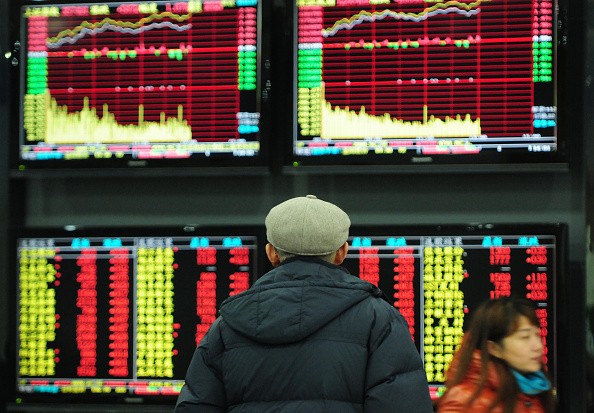According to the International Monetary Fund (IMF), the economic growth of China will slow down to 6 percent, China Daily reported. This will follow yet another slowdown of 6.3 percent, as predicted by the organization this year.
"The pickup in global activity is projected to be more gradual than in the October 2015 World Economic Outlook, especially in emerging market and developing economies," the IMF said in its World Economic Outlook update.
"Risks to the global outlook remain tilted to the downside and relate to ongoing adjustments in the global economy; a generalized slowdown in emerging market economies, China's rebalancing, lower commodity prices and the gradual exit from extraordinarily accommodative market conditions in the United States," the report added.
The IMF also noted that if these challenges will not be managed successfully, global growth may be hampered.
For Maurice Obstfeld, the IMF's Economic Counsellor and Director of Research, "this coming year is going to be a year of great challenges and policymakers should be thinking about short-term resilience and ways they can bolster it, but also about the longer-term growth prospects."
"These long-term actions will actually have positive effects in the short run by increasing confidence and increasing people's faith in the future," Obstfeld further pointed out.
The IMF stated that as it had earlier forecast, China's overall growth has been evolving broadly. Nonetheless, its imports and exports have slowed down faster than expected. This reflects a weaker manufacturing activity and investment, the report cited.
Meanwhile, analysts claim that China is currently experiencing a cyclical coupled with structural slowdown.
"China's importance to the global economy and financial markets is growing and we (the rest of the world) must realize that China is an economic superpower. This is good for the world economy but it means also that the problems China will experience in the future will be shared by many countries," SEB chief economist Robert Bergvist said.
"The IMF forecast for Chinese growth is not new or too much out of consensus. The UBS forecast is 6.2 for 2016, and 5.8 for 2017," Tao Wang, chief economist at UBS, said.
"These forecasts are lower than the likely official growth target of 6.5 percent," Tao added. "For us, we think the ongoing property destocking and knock-on effect on the industrial sector will continue to put downward pressure on the economy, which will not likely be fully offset by policy support. In addition, the need to closing 'zombie' companies and excess capacity will also mean slower growth."
"Despite this, China at 6.2 percent or 6.3 percent will still be a top contributor to global growth," Tao concluded. "One should not be surprised at or emphasize too much at China slowing, since it is already a $10 trillion economy."






















